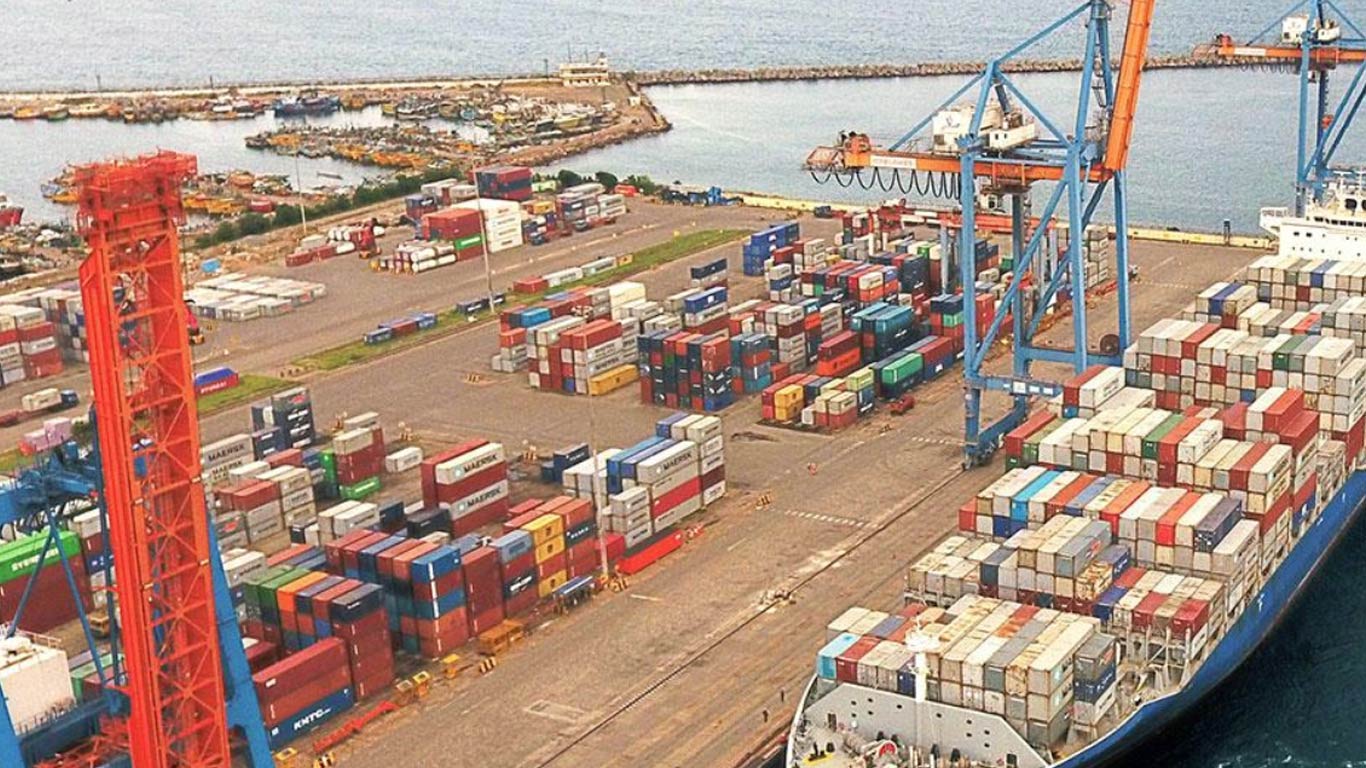Escalating Red Sea Crisis To Intensify Impact On Trade Volumes In 2024: Report
Updated: Mar 13, 2024 04:37:45pm

Escalating Red Sea Crisis To Intensify Impact On Trade Volumes In 2024: Report
New Delhi, Mar 13 (KNN) As tensions in the Red Sea escalate, a significant effect on trade volumes in 2024 is anticipated, as supply chains continue to face disruptions and the increasing costs of shipping render the export of low-margin products impractical.
As per a Global Trade Research Initiative (GTRI) report, avoidance of the Suez Canal route, with ships diverting via the Cape of Good Hope, has resulted in a 30 per cent increase in transit times and a 9 per cent reduction in container shipping capacity.
“The necessary rerouting is causing congestion in key ports like Cape Town, Ngqura, Richards Bay, and Durban in South Africa, leading to delays in loading and unloading cargo, which could exacerbate supply chain challenges and potentially lead to shortages,” as per the report prepared by GTRI founder Ajay Srivastava.
For India, the conflict translates to a surge in shipping costs by 40-60 per cent, insurance costs by 15-20 per cent, and rerouting-induced delays of up to 20 days.
This disruption significantly impacts Indian trade, particularly with regions like the Middle East, Africa, and Europe. Notably, approximately 65 per cent of India's crude oil imports valued at USD 105 billion in FY23 likely passed through the Suez Canal.
Furthermore, oil imports from Russia through the Suez Canal face longer routes, escalating costs and supply delays. Indian exporters of petroleum products to Europe are grappling with delays and heightened shipping expenses, rendering some exports economically unviable.
“Confectionery companies are hit by high cocoa prices and shortages due late deliveries from Africa, reducing profits. Textile and leather industries which operate on thin margins are re-negotiating with buyers. Car makers are using different routes to avoid delays and shopping costs for all container goods, including cars and electronics, are up,” the GTRI report said.
To mitigate the impact, Indian firms are negotiating costs with logistics providers and insurance companies, exploring alternative ports, and adopting strategies like multiple sourcing for less complex components.
For critical products, companies are considering on-shoring, near-shoring, and friend-shoring options to ensure supply chain resilience.
Srivastava suggests government intervention through financial support and insurance schemes for Indian companies. However, he notes the limitations of Indian measures to ensure ship safety in the Red Sea, given that most Indian cargo is transported by global shipping firms.
The report proposes reliance on ports outside conflict zones like Oman and Djibouti for trans-shipment and regional trade.
Additionally, it underscores the importance of exploring alternative maritime and land-based trade routes, advocating for investment in projects like the India-Middle East-Europe Economic Corridor (IMEC).
The IMEC project aims to bolster connectivity across Europe, the Middle East, and Asia through enhanced transportation and energy infrastructure, offering potential solutions amidst the Red Sea crisis.
(KNN Bureau)












